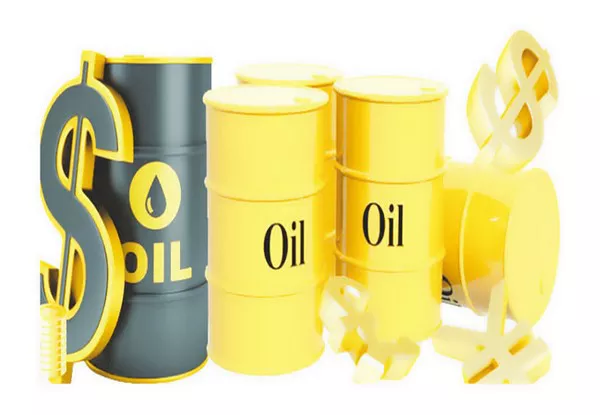In the world of commodities trading, one term that frequently appears is “oil futures.” Oil futures are a vital aspect of the financial markets, impacting various industries and influencing global economies.
Understanding Oil Futures
1. Definition of Oil Futures
Oil futures are contractual agreements between two parties to buy or sell a specific quantity of crude oil at a predetermined price on a future date. These contracts are standardized and traded on various exchanges worldwide. They serve as essential risk management tools for both producers and consumers of oil, allowing them to secure prices and mitigate the effects of market fluctuations.
2. How Oil Futures Work
When a trader enters into an oil futures contract, they are essentially making a bet on the future price of oil. If they anticipate that oil prices will rise, they will take a long position (buy). Conversely, if they expect prices to fall, they will take a short position (sell). As the contract nears its expiration date, the trader can either settle it with cash or choose to take physical delivery of the oil.
3. The Role of Speculators
Apart from producers and consumers, speculators play a significant role in the oil futures market. Speculators are traders who do not intend to use or produce oil but participate to profit from price fluctuations. While some argue that speculators contribute to increased volatility, others contend that they enhance market liquidity and efficiency.
The Significance of Oil Futures
1. Price Discovery
Oil futures serve as a barometer for determining the prevailing market sentiment towards oil. The prices established through futures trading reflect the collective expectations of market participants, taking into account geopolitical events, supply-demand dynamics, and macroeconomic factors. As such, they provide valuable insights for investors, policymakers, and industry stakeholders.
2. Risk Management
For oil producers and consumers, volatility in oil prices can have substantial financial implications. By utilizing oil futures contracts, these entities can hedge against price swings and ensure a measure of price stability. For instance, an airline company can use oil futures to lock in fuel prices, safeguarding themselves against sudden surges in oil costs.
Factors Affecting Oil Futures Prices
1. Supply and Demand Dynamics
The fundamental law of supply and demand plays a pivotal role in determining oil futures prices. When demand outpaces supply, prices tend to rise, and vice versa. Factors influencing supply include production levels of oil-producing nations, geopolitical tensions, and disruptions in oil-producing regions.
2. Geopolitical Events
Geopolitical events, such as conflicts or sanctions imposed on oil-producing countries, can significantly impact oil prices. Tensions in major oil-producing regions, like the Middle East, often lead to supply disruptions, causing prices to soar.
3. Macroeconomic Indicators
Oil prices are closely tied to economic indicators like GDP growth, inflation rates, and interest rates. During periods of economic expansion, demand for oil tends to increase, leading to higher prices. Conversely, economic downturns may result in reduced oil consumption and lower prices.
Risks Associated with Oil Futures Trading
1. Price Volatility
Oil futures are notorious for their price volatility, which can lead to substantial gains or losses for traders. Factors such as unexpected geopolitical events, changes in government policies, or shifts in market sentiment can trigger wild price swings.
2. Market Liquidity
Liquidity risk refers to the possibility of not finding a suitable buyer or seller for an oil futures contract. In illiquid markets, traders may face challenges in executing their desired trades promptly, potentially impacting their strategies.
The Future of Oil Futures
1. Sustainability Concerns
As the world transitions towards cleaner and more sustainable energy sources, the future of oil futures faces challenges. Increased awareness of climate change and environmental issues may influence investors’ perceptions and alter the demand for oil-related financial instruments.
2. Technological Advancements
Advancements in technology, such as fracking and renewable energy solutions, could alter the dynamics of oil production and consumption. These developments might influence the demand for oil futures contracts in the long run.
Conclusion
Oil futures play a vital role in the global energy landscape, facilitating risk management for producers and consumers while providing valuable insights into market sentiment. Understanding the intricacies of oil futures, their significance, and the factors influencing their prices is crucial for both seasoned investors and newcomers to the commodities market. As the energy sector continues to evolve, the future of oil futures remains subject to numerous factors, including sustainability concerns and technological innovations.


